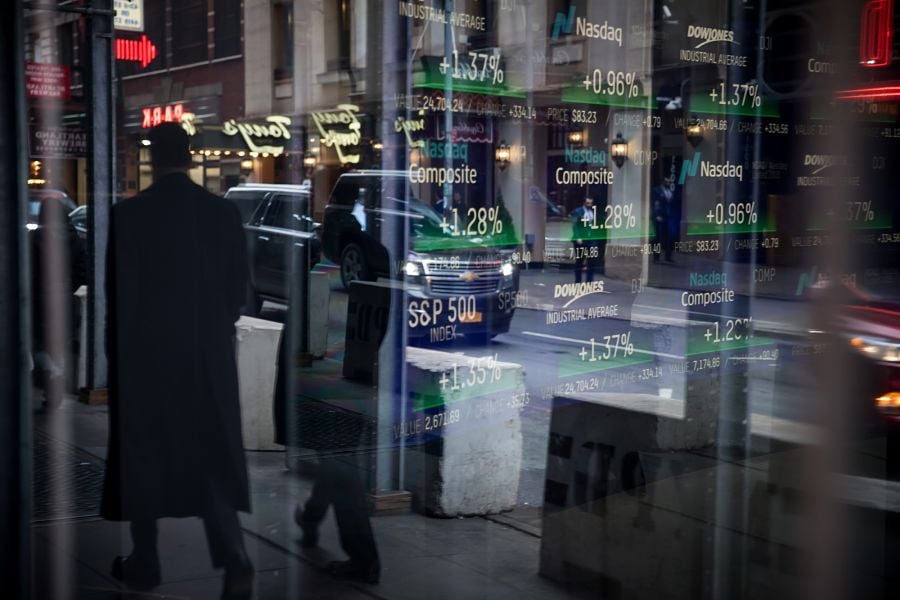A covert price war is raging between money managers looking to lure junk-bond investors.
BlackRock Inc., the world's largest issuer of exchange-traded funds, has slashed the cost of its iShares Broad USD High Yield Corporate Bond ETF by waiving part of the management fee, regulatory documents show. But rather than shout about the move, the discount was announced without fanfare — in a footnote on page 94 of a revised filing last month.
Such stealth may be a sign of a new front in the fee war. Fund providers' profit margins are increasingly under threat from a
relentless push toward zero, with Salt Financial last month attracting a wave of headlines
by offering to pay investors to buy its new fund.
Now issuers seem to be choosing discretion over publicity; Deutsche Bank's DWS Group also recently buried a high-yield fee cut in a filing with the U.S. watchdog.
"We review the competitiveness of our product line-up on an ongoing basis, and decided to reduce fees for HYLB to ensure its position as the most cost-efficient high-yield ETF in the U.S. market," Oksana Poltavets, a DWS spokeswoman, said of that reduction.
Melissa Garville, a spokeswoman for
BlackRock, declined to comment beyond the filings.
With its waiver, BlackRock's ETF — known as USHY — will charge just $1.50 for every $1,000 invested in the fund, according to a March 15 filing. A revamped State Street Corp. fund, the SPDR ICE BofAML Broad High Yield Bond ETF (CJNK) will charge $1.50 from April 1, its issuer announced March 1. DWS's Xtrackers USD High Yield Corporate Bond ETF (HYLB) also costs $1.50 after a fee waiver, a March 29 document shows.https://cdn-res.keymedia.com/investmentnews/uploads/assets/graphics src="/wp-content/uploads2019/04/CI11931048.PNG"
Junk debt was last a major battleground in the fee war in October 2017, when
BlackRock and DWS cut and counter-cut their fees on USHY and HYLB. The largest high-yield ETF — BlackRock's iShares iBoxx High Yield Corporate Bond ETF — still charges $4.90 for every $1,000 invested, data compiled by Bloomberg show.
(More: Factor investing gets a reboot as ebbing demand bites at ETFs)







